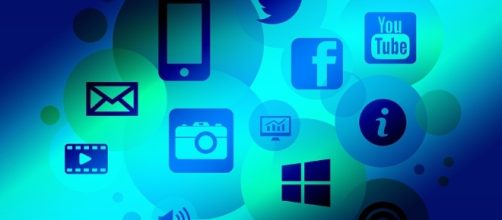In times where being young seems to equal being Digital-fluent, millennials still glitch with multitasking and computer science. It is often propagated that, the sooner you’re introduced into the digital world, the more you know about it. The simple fact of being surrounded by smartphones, and light screens and beeps should have a meaning for people, but it doesn’t – believing in this theory is affirming that osmosis is an actual, although hoped, way for humanity to learn new things.
Digital adaptation
In spite of the idea that millennials are born digitally adept, reality shows that technology for the “digital native” is not so innate after all: in researches conducted by Romero (2013), the profile attributed to those born after 1984 is actually more compatible with people over their 30’s, which have better knowledge over this subject than those who are expected to do so.
Thus, leading to another strange not surprising fact – the term and idea of natural-tech born were never properly checked – the use of these idioms just been disseminated over the rationalization and generalized view of an entire generation.
Technology used as a tool for education
Additionally, reports show that the range of technology used for productive activities like learning and problem-solving (which both involve a deeper understanding of machinery function) is very limited, being limited to social media and power point classes, with researches based on instant google searches and Wikipedia articles. Consequently, and also wrongly, an important question surged in education: how can professors adapt their way of teaching so they can reach access to student’s mind?
The problem is, they are basically creating a solution to a non-existing problem since both sides face the same technical challenges when dealing with technology. Perhaps, a much more inclusive solution could be implanted in learning departments: to encourage a more extensive investigation on changes to be implemented so modern computers actually can help us, instead of turning to the IT guy every time something seems to be wrong with your flash drive.
The lesson
The lesson here is it's not about the idea of being digitally adept as a needed requirement for being successful as young millenials but the value of being so. As we all know, most employers require their employees to at least be proficient in MS applications or systems. With this, let us not force this to be a burden to everyone. Let us remember why this is needed in the first place. When one can understand the value of digital learning, one can master this skill easily.


